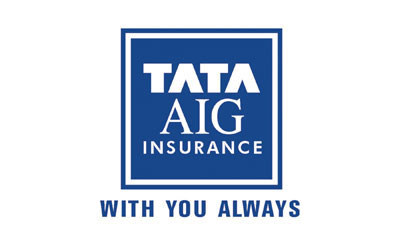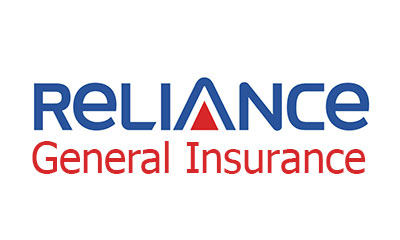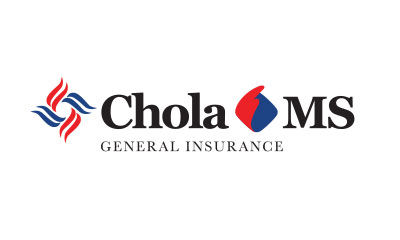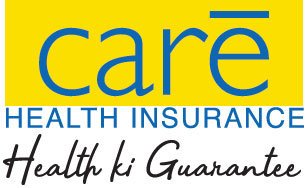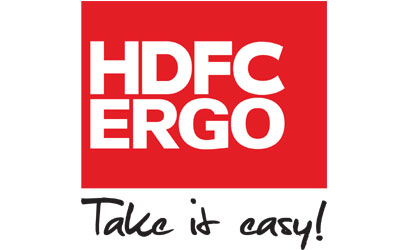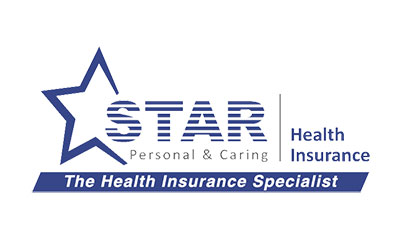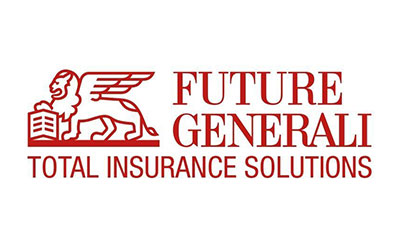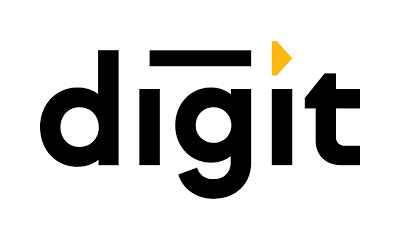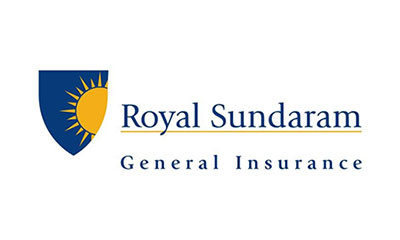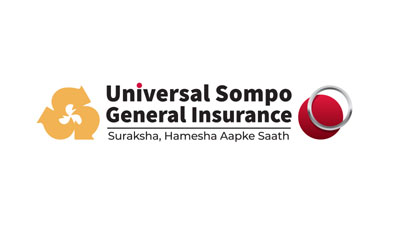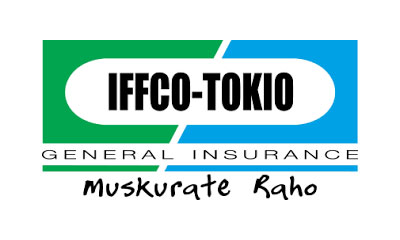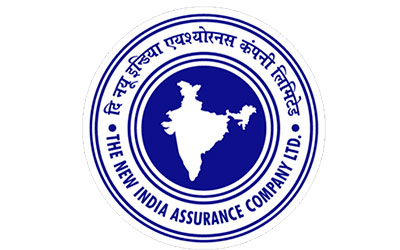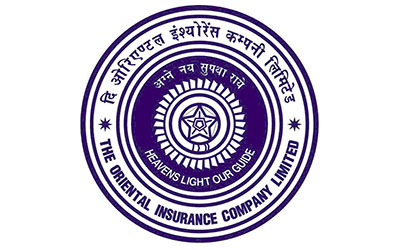Best India Travel insurance FAQ
Travel Insurance is not mandatory for Domestic Travel within India. While travelling abroad, only Schengen Countries have a mandatory requirement for insurance prior to granting a visa. However given the cost of medical treatment abroad, it is advisable to insure yourself every time you travel in India and abroad.
If you're going on a cruise and need cover, conditions will vary from insurer to insurer and some may not cover cruises at all, therefore it is essential that you read the policy documentation prior to taking out a policy. You will also need to check that all countries you are going to visit during the cruise are covered. When using our site to book this type of insurance, we recommend that you select the furthest geographical destination for your holiday and then check with the insurer they will cover all the other countries/destinations that are scheduled for your trip.
At present you will need to purchase your cover online by searching for the most appropriate policy for you. In order to help, we have provided some guides to help you choose the best policy, your choice will be single trip and annual multi-trip. A single trip policy will provide coverage for a specific holiday or a single trip. Simply select your holiday destination and then your holiday start date and end date. An annual multi-trip policy is a travel insurance policy valid for 12 months. The main advantage of an annual multi-trip policy is that you do not have to arrange cover for each journey that you take, especially if you and/or your family travel frequently throughout the year. It also generally works out better value than buying two or three single trip policies a year.
If you still need some more assistance, we will be glad to help you over a call.
Sublimits are extra limitations in an insurance policy's coverage of certain losses, primarily Sickness Medical expenses. They are part of the original limit, that is, they do not provide extra coverage, but set a maximum limit to cover a specific loss or for a specific medical expense. Sublimits can be expressed as a dollar amount or as a percentage of the coverage available. Typically they are part of the policy for insureds with advancing age.
For example, in a travel policy which has an Accident & Sickness Expense coverage of $100,000, it might have a sublimit of $10,000 to cover Surgery Expenses. This means that only $10,000 of the total coverage can go toward paying for Surgery Expenses. The insured cannot receive an insurance payout of an amount exceeding the sublimit for the types of loss specified.
It is important to note that most insurance companies have a medical sublimit in place only for Sickness Medical expenses and this means that for any Accident related expenses, the maximum Sum insured is available to the insured for treatment.
The deductible is a cost sharing requirement that the Insurer will not be liable to pay/indemnify/reimburse in case of travel insurance policies for Accident & Sickness and for a specified number of days/hours in case of hospital cash/non medical benefits which will apply before any benefits are payable by the Insurer. A deductible does not reduce the sum insured. The deductible is applicable per event.
For example, the deductible under Accident & Sickness is $100. This means for every medical claim, the insurance company will not settle the first $100 of the claim. So if the medical claim is $250, then the insured will get a reimbursement of $150 (Claim amount $250 – Deductible of $100). Similarly if the claim amount is $90, then the insured will not get any reimbursement since the claim amount is less than the deductible limit of $100.
Another example of a deductible is for a benefit like Trip/Flight Delay. The deductible in this case is 12 hours. This means that if the insured’s Trip/Flight is delayed due to Inclement Weather or Equipment Failure beyond 12 hours, then the insured will get a compensation from the insurance company as per the terms of the policy. However, if the flight is delayed for 8 hours, then there will be no compensation to the traveller since the delay is less than the deductible of 12 hours.
You are free to visit to any doctor/medical practitioner/hospital, provided they are licensed by the local Medical Council and acting within the scope of his/her/their license. The practitioner should hold a degree of a recognized institution and be registered by the Authorized Medical Council of the respective country. It is however advisable to call the Assistance Company (on their toll/toll free number) and seek their direction regarding the same.
Single Trip Insurance policies do not have a free look period. However an Annual Multi Trip period has a free look period of 15 days from the date of receipt of the Policy document to review the terms and conditions of this Policy provided no trip has been commenced. If the insured has any objections to any of the terms and conditions, the insured has the option of cancelling the Policy stating the reasons for cancellation and he/she will be refunded the premium paid for the policy, after adjusting the amounts spent on stamp duty charges and proportionate risk premium. The insured can cancel the policy only if the insured has not made any claims under the Policy.
The Insurance Company is committed to extend the best possible services to its customers. But there could be some situation wherein the insured may not be fully satisfied with the level of service or the decision made by an insurance company on a particular claim. If this is the case, then the insured, can lodge a complaint with the insurance company at their 24X7 Toll free number provided on the policy certificate, policy wordings (terms and conditions) or available on the company website. The insured can also choose to send an email to the customer service desk at the email id specified. After investigating the matter internally and subsequent closure, the insurance company will ideally send a response within a period of 10 days from the date of receipt of the complaint by the Company at its Head office or any of the branches. In case the resolution is likely to take longer time, the insurer will inform the insured of the same through an interim reply.
For lack of a response or if the resolution still does not meet the insured’s expectations, they can write to the Head - Customer Services at the insurance company. After examining the matter, they will send their final response within a period of 7 days from the date of receipt of your complaint. Within 30 days of lodging a complaint with the insurance company, if the insured still does not get a satisfactory response from the insurer, they can pursue other avenues for redressal of grievances, as well as directly approach Insurance Ombudsman appointed by IRDA under the Insurance Ombudsman Scheme.
The Insurance Ombudsman operates under Territorial jurisdiction
No. Any complainant, whose complaint on the same subject matter is or was before a Court/Consumer Forum or an Arbitrator cannot approach an Insurance Ombudsman.
The Ombudsman will receive and consider complaints or disputes relating to:
- delay in settlement of claims, beyond the time specified in the regulations, framed under the Insurance Regulatory and Development Authority of India Act, 1999;
- any partial or total repudiation of claims by the life insurer, General insurer or the Health insurer;
- disputes over premium paid or payable in terms of insurance policy;
- misrepresentation of policy terms and conditions at any time in the policy document or policy contract;
- legal construction of insurance policies in so far as the dispute relates to claim;
- policy servicing related grievances against insurers and their agents and intermediaries;
- issuance of life insurance policy, general insurance policy including health insurance policy which is not in conformity with the proposal form submitted by the proposer;
- non-issuance of insurance policy after receipt of premium in life insurance and general insurance including health insurance; and
- any other matter resulting from the violation of provisions of the Insurance Act, 1938 or the regulations, circulars, guidelines or instructions issued by the IRDAI from time to time or the terms and conditions of the policy contract, in so far as they relate to issues mentioned at clauses (a) to (f).
Yes. No complaint to the Insurance Ombudsman shall lie unless the complaint is made within one year:
- From the date of receipt of the order of the insurer rejecting the representation.
- From the date of receipt of decision of the insurer which is not to the satisfaction of the complainant;
- After expiry of a period of one month from the date of sending the written representation to the insurer if the insurer named fails to furnish reply to the complainant.
Yes, IRDA has implemented the Integrated Grievance Management System (IGMS). IGMS provides a gateway for policyholders to register complaints with insurance companies first and if need be escalate them to the IRDA Grievance Cells. It uses Web interface to ensure that it is accessible at all places and is on real time. It has also a mechanism to capture complaints received in physical as well as email form or voice calls received by IRDA Grievance Call centre (IGCC).
Also IRDA Grievance Call Centre (IGCC) can be accessed through
- Call: Toll free number 1800 4254 732
- Email: [email protected]
- Post: Write to
Insurance Regulatory and Development Authority of India
Consumer Affairs Department – Grievance Redressal Cell.
Sy.No.115/1, Financial District, Nanakramguda,
Gachibowli, Hyderabad – 500 032
Some of the typical exclusions under the Travel policy will include:
- any Pre-existing Condition or any complication arising from it (unless specifically covered under certain plans that are purchased by the insured)
- services, supplies, or treatment, including any period of Hospital confinement, which were not recommended or approved, and certified as Medically Necessary by a Physician
- routine physicals or other examinations where there are no objective indications or impairment in normal health, and laboratory diagnostic or X-ray examinations except in the course of a disability established by the prior call or attendance of a Physician (an example could be a person visiting the hospital to check their blood pressure or their cholesterol levels, just for their information)
- elective, cosmetic, or plastic surgery, except as a result of an Injury caused by a covered Accident
- suicide, attempted suicide (whether sane or insane) or intentionally self inflicted Injury or Illness, or sexually transmitted conditions, mental or nervous disorder, anxiety, stress or depression, Acquired Immune Deficiency Syndrome (AIDS), Human Immune deficiency Virus (HIV) infection
- being under the influence of drugs, alcohol, or other intoxicants or hallucinogens unless properly prescribed by a Physician and taken as prescribed
- any loss arising out of War, civil war, invasion, insurrection, revolution, act of foreign enemy, hostilities (whether War be declared or not), rebellion, mutiny, use of military power or usurpation of government or military power, Terrorism
- congenital anomalies or any complications or conditions arising therefrom
- participation in winter sports, skydiving/parachuting, hang gliding, bungee jumping, scuba diving, mountain climbing (where ropes or guides are customarily used), riding or driving in races or rallies using a motorized vehicle or bicycle, caving or pot-holing, hunting or equestrian activities, skin diving or other underwater activity, rafting or canoeing involving white water rapids, yachting or boating outside coastal waters (2 miles), participation in any Professional Sports, any bodily contact sport or potentially dangerous sport for which You are untrained (please note that on our eIndiaInsurance website, we offer some insurance plans that cover Adventure sports…so if the insured is likely to participate in any of these activities, it’s best to buy a plan that covers Adventure Sports)
- pregnancy and all related conditions, including services and supplies related to the diagnosis or treatment of infertility or other problems related to inability to conceive a child; birth control, including surgical procedures and devices
The Assistance Company is the partner abroad who is available to assist the insured during any medical or non medical emergency. They are normally referred to as the Third Party Administrator (TPA). Most insureds assume that the Assistance Company is only there for support during medical emergencies, but they do also support in many non medical situations as well. They normally provide the following services:
- Medical Assistance - As soon as the Assistance Company is notified of a medical emergency resulting from an Accident or Sickness, they will contact the medical facility or location where the insured is located, confer with the Physician to determine the best course of action to be taken. If possible and if appropriate, the insured’s family Physician (in India) will be contacted to help arrive at a decision. The Assistance Company will then organize in securing the availability of services of a local Physician and arranging Hospital admission and monitor the insured whilst in hospital.
- Medical Evacuation – When the Assistance Company’s medical panel, judges that it is medically appropriate to shift the insured to another location abroad for treatment or return the insured to India, the Assistance Company will arrange the evacuation, through appropriate mode of transport
- Repatriation – They agree to make the necessary arrangements for the return of the insured’s mortal remains to India in the event of the unfortunate death of the insured whilst abroad and while this policy is in effect.
- Legal Assistance - If the insured is arrested or is in danger of being arrested as the result of any non-criminal action against charges attributed to the insured, the Assistance Company will, if required, provide the insured with the name of an attorney who can represent the insured in any necessary legal matters.
- Lost Luggage or Lost Passport - If the insured, outside India, notifies the Assistance Company that the insured’s luggage or passport has been lost, the Assistance Company will assist the insured by contacting the appropriate authorities involved and provide direction for replacement.
- General Assistance - The Assistance Company will serve as a central point for translation and communication for the insured during emergencies. The Assistance Company agrees to provide the insured advice using services available from consulates, government agencies, translators and other service providers that can help with travel problems.
- Pre-Departure Services - prior to the insured’s departure, the Assistance Company can provide hazard information about foreign locations, information about immunization requirements and passport or visa requirements, general information about weather at locations of travel. The Assistance Company will also arrange for special medical care en-route (i.e. dialysis, wheelchairs, etc.) if required.
- Emergency Travel Agency - the Assistance Company will also provide the insured with 24 hour travel agency service for airline and hotel reservations. The Assistance Company will also arrange payment for the insured’s airline tickets and other travel services, using the insured’s credit cards. Prepaid ticket pickup at airline counters or ticket delivery by mail or courier will also be arranged by the Assistance Company.
Related links
- International Travel Insurance
- Student Insurance
- Asia Travel Insurance
- Senior Citizen's Insurance
- Schengen Travel Insurance
- Family Travel Insurance
- Annual Multi Trip
- Coporate Travel Insurance
- Domestic Travel Insurance
- Pre Existing Coverage Insurance
- Group Travel Insurance
- Visitor insurance no sub-limits
Get quotes for India travel insurance!
Review and compare the best travel insurance.Find the best travel insurance

Tips to find good and adequate international travel health insurance... Know more
Comparison of overseas Healthcare cost and popular tourist destinations... Know more
How to use Indian visitor insurance in case of sudden sickness and accidents... Know more
Indian travel insurance for popular overseas tourist destinations... Know more
India travel insurance useful links
How to buy online?
You can buy insurance online by using a credit/debit card, direct funds transfer using NEFT or RTGS or by using a cheque.
Know more »Already outside India
Travelers who have already traveled from India and do not have insurance can buy travel medical insurance after approval.
Know more »Travel Insurance Online Renewal
Insurance customers can renew their existing policy online before the exipry date at any time.
Know more »
Insurance Claims
In case of a claim or reimbursement of treatment expenses, notify by contacting them.
Know more »
Insurance Benefits
Travellers can understand the difference between benefits offered under indian travel insurance plans.
Know more »How are Claims settled?
Are travel insurance directly billed or is it reimbursement basis, is there a hospital network.
Know more »